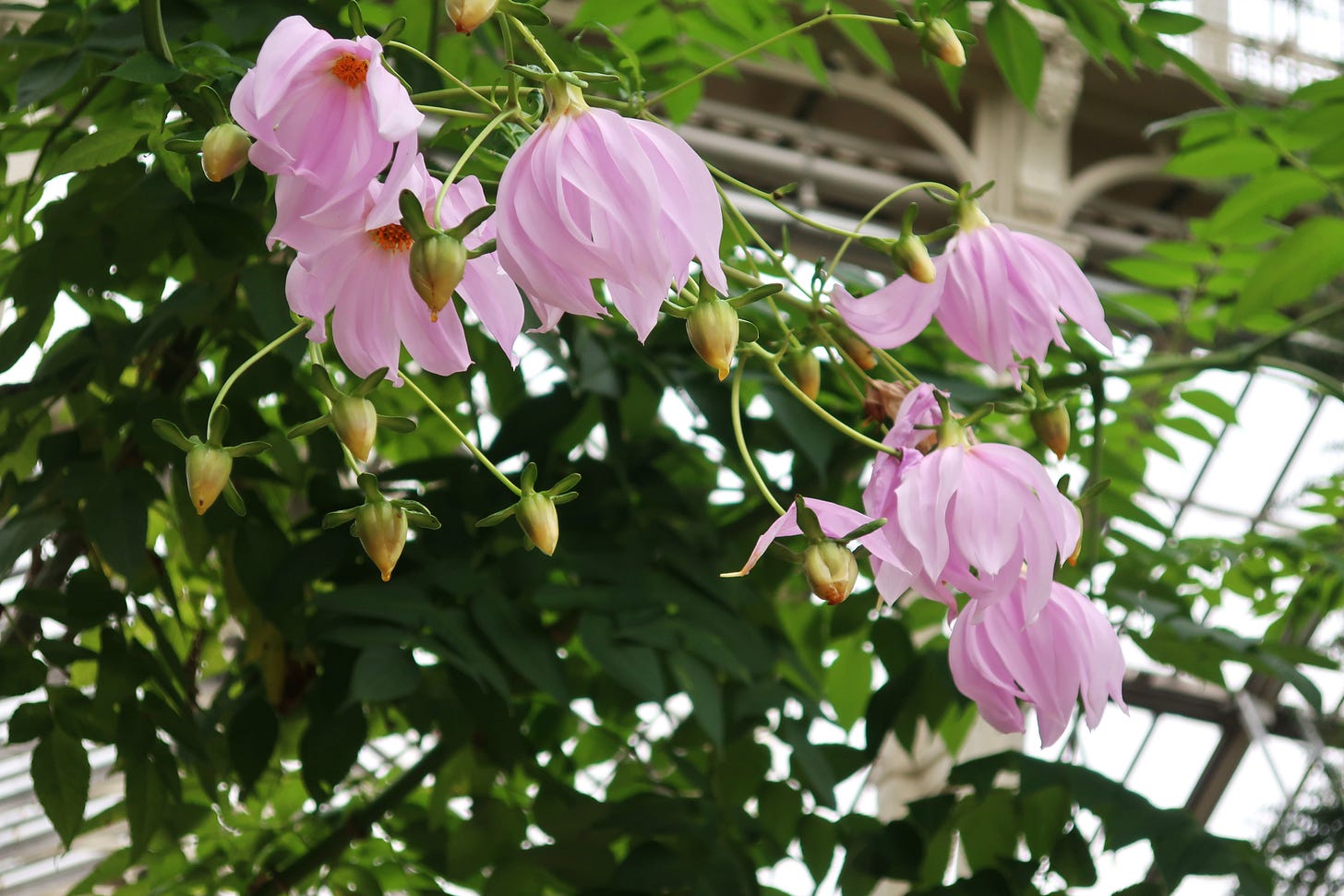Footnotes to a Conversation, January 20, 2025
Curiosity is one of the permanent and certain characteristics of a vigorous intellect.” – Samuel Johnson
Caring and Sharing
I’m a huge fan of little free libraries and pick up far more books than I can possibly read (but I’ll do my utmost!). Cities are very anonymous places and it’s easy to feel disconnected. A little free library demonstrates to me that people care about their community. It’s also one of the ways in which we can share instead of tieing everything into a money economy. Most cities now have little free libraries of books, but how many of us have a little free bakery or a little free art library? Other options are yarn, soap and feminine products, jigsaw puzzles, key chains, and dog toys. What kind of little free library would you like to see in your community? [Civil Eats]
How Can We Travel Better?
We travel for so many different reasons – to escape the cold, to participate in outdoor activities like scuba diving that aren’t possible where we live, to visit relatives, or to explore new places. This article explores the ways in which we can get more from our travel experiences, reduce the friction, and make the right choices for the environment. It discusses ways in which we can create our own adventure, prioritise our health, slow down, choose alternative or off-peak destinations, trust in technology, and demand more from providers.
We can also attempt to have a positive impact on the local community and the environment: “The key is to travel with respect and intention. Eat at locally owned restaurants to support local businesses and take the time to learn about the culture and recent history of where you’re visiting … Choose experiences that leave a place better than when you found it, whether it’s rewilding efforts, engaging with local cooperatives, or spending time with artisans who keep ancient traditions alive. It’s about being mindful of the footprints we leave behind and striving to create a positive ripple effect.” [Roadbook]
Multi-Family Dwellings
There is nothing new under the sun and that includes apartment buildings. Multi-story insulae were common in crowded Roman cities. They were usually four or five stories high, but in a time before elevators,the lower floors were the most popular. At its peak, the ancient Mexican city of Teotihuacan was full of apartment compounds. The compounds “generally consist[ed] of several rooms at slightly different levels, arranged around open spaces (courtyards, refuse areas, and light wells) that serve[d] as places for ritual, rainwater collection, partial refuse disposal, and light provision”. Inhabitants were connected through either kinship or occupation. [JSTOR Daily]
Entertaining in Pompeii
Imagine you’re a wealthy citizen of Pompeii and you’re keen to persuade your acquaintances to vote for you in an upcoming election or support a property development. You’d be keen to display your wealth and importance, so you’d build a luxurious mansion. In addition to a banqueting room, you’d install warm and cold baths with room enough for 30 people. “Wealthy habitants of Pompeii often used first to take a bath and then have a banquet, so the private spa complex allowed them to do that inside the same house.” [CBC]
Footnotes to a Conversation is a weekly Monday feature covering an assortment of topics that I’ve come across in the preceding week – books, art, travel, food, and whatever else strikes my fancy. I also post occasional articles on other dates, including frequent book reviews and travel tales.
If you share my love of nature, check out EcoFriendly West, an online publication encouraging environmental initiatives in Western Canada, and Nature Companion, a free nature app for Canada’s four western provinces.




